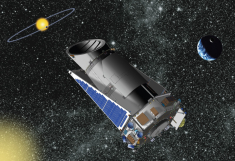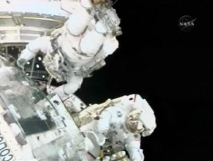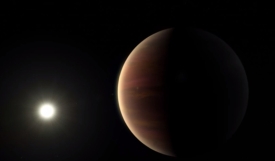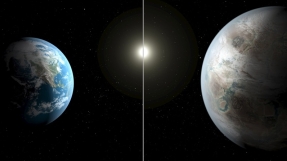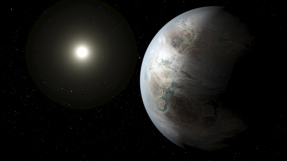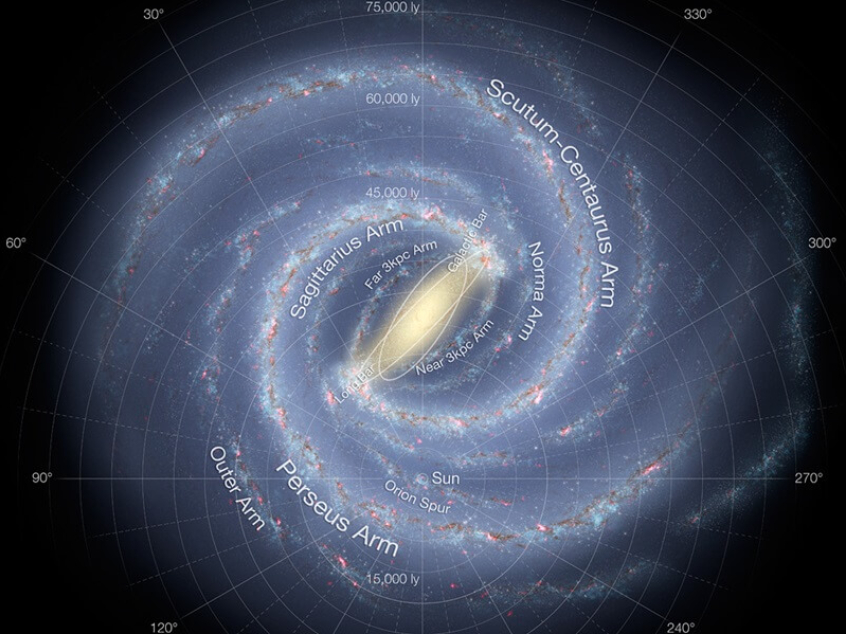
For a long time, many of us thought that Earth was unique, being the only planet in the solar system that is known to support life. This week, however, the National Aeronautics and Space Administration (NASA) unveiled a milestone discovery by its Kepler Space Telescope: an exoplanet that shares a lot of similar characteristics with the Earth called Kepler-452b.
Now NASA is saying that Earth and its so-called "cousin," Kepler-452b, may not be unique in the galaxy after all. According to astrophysicist Natalie Batalha, there could be billions of Earth-like planets in our own Milky Way galaxy alone.
How did the space scientist arrive at this estimate? Batalha explained that potentially habitable planets may be circling around 15 to 25 percent of stars in the galaxy. A planet is considered habitable when it has enough distance away from a star for it to have a temperature that can possibly sustain life.
This figure is largely based on discoveries of planets circling cooler stars in outer space, categorised as M dwarfs. These stars are the most common in the universe.
This estimate can nevertheless be useful in approximating the number of Earth-like planets orbiting stars with the same classification as the sun, known as G dwarfs.
"Conservatively speaking, if 15 percent of stars have a planet between 1 and 1.6 times the size of Earth in the Habitable Zone, then you'd expect 15 percent of 90 percent of 100 billion stars to have such planets. That's 14 billion potentially habitable worlds," Batalha explained.
So far, NASA has spotted 20 sun-like stars within 33 light years from Earth. In Batalha's conservative estimate, this indicates that a billion Earth-like planets may be circling these sun-like stars in the galaxy.
"That means "only" about a billion of the 14 billion I mentioned above are orbiting G stars," the NASA astrophysicist said.











